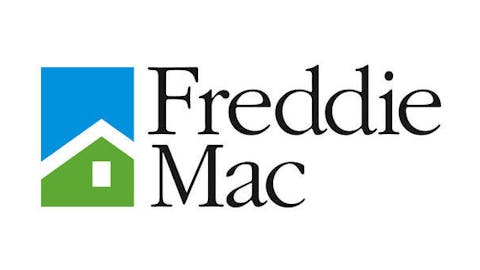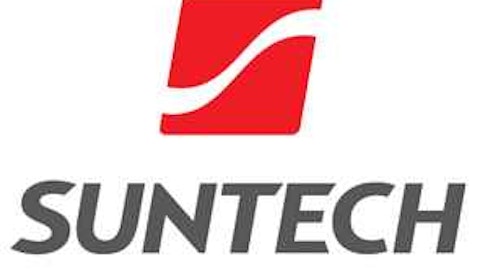A professor of mine in law school used to yell, literally yell, at students if they answered a question incorrectly, saying they needed to “get their mind right.” The display was all in good humor, but I’ve always heeded his point: You can’t answer a question correctly if you don’t understand the context.
This is how I feel about share buybacks.
Pitched as a “capital return to shareholders,” these are almost universally applauded by analysts and investors alike. Given this, it’s no surprise that companies have responded in kind. As my colleague Morgan Housel noted earlier this year:
There’s been a big shift over the last few decades: Companies are using share buybacks to reward shareholders, rather than dividends. Buybacks are now the chief method of returning money to shareholders. S&P 500 (INDEXSP:.INX) companies spent $375 billion on share buybacks over the 12 months ended October 2012, versus $277 billion on dividends.
But there’s a problem: Companies are resoundingly inept when it comes to executing them. And as a result, in an anecdotal nine times out of 10 (if not more), share buybacks actually destroy value instead of creating it.
The destruction of value
Fellow Fools Matt Koppenheffer and David Hanson discussed this recently in a video about Bank of America Corp (NYSE:BAC)’s particularly egregious destruction of shareholder value on the eve of the financial crisis. As David observed, between 2006 and 2007, the nation’s second largest bank by assets bought back $18 billion worth of shares at an average price of $50 per unit. Those shares are worth just over $13 each today.
David also noted a near-identical violation at Citigroup Inc (NYSE:C). Over the same time period, it repurchased $13 billion worth of shares at an average adjusted price of $460 per share. Today, following a 1-for-10 reverse split in 2011, they’re trading for an adjusted price of $49 per share.
But, you say, Bank of America Corp (NYSE:BAC) and Citigroup Inc (NYSE:C) were the two basket cases of Wall Street. They’re outliers. Surely their ineptitude should not be used to formulate a general rule.
What about JPMorgan Chase (NYSE:JPM), by almost any account the most sophisticated financial company on Wall Street if not in the entire world? There’s simply no way that such an advanced and urbane operation would have fallen into a similar trap, right?
Wrong.
In the middle of 2011, it repurchased billions of dollars of its own stock only to then watch as its share price fell more than 25% later in the year. As it CEO Jamie Dimon acknowledged, “Yes, it would have been wise to wait. We’re sorry.”






